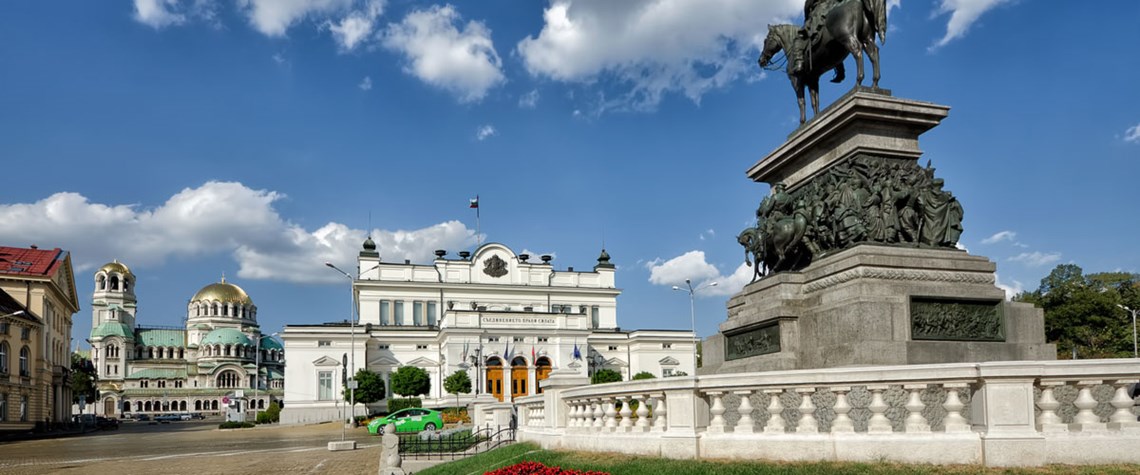Letter from Eastern Europe: Bulgaria attempts Russian pivot
On the front line of potential weaponisation of Russian energy, the poorest and arguably most corrupt EU member state is heavily dependent but not without diversification options
EU and Nato member Bulgaria faces a challenge as Europe attempts to wean itself off Russian gas while also facing the potential risk of the Putin regime cutting off supply to those opposing its Ukrainian adventurism. The country imports about 90pc of its gas and most of its other energy resources from Russia, yet it can, in fact, diversify relatively easily. Bulgaria’s energy problems are to some extent self-inflicted—as the recently elected pro-Western government is quick to point out. Solutions will involve not just connecting to nearby pipelines and securing the right contracts, but also rooting out institutional dysfunction and healing political rifts. In response to steep financial sanc

Also in this section
26 July 2024
Oil majors play it safe amid unfavourable terms in latest oil and gas licensing bid rounds allowing Chinese low-ball moves
25 July 2024
Despite huge efforts by India’s government to accelerate crude production, India’s dependency shows no sign of easing
24 July 2024
Diesel and jet fuel supplies face a timebomb in just four years, and even gasoline may not be immune
23 July 2024
Rosneft’s Arctic megaproject is happening despite sanctions, a lack of foreign investment and OPEC+ restrictions. But it will take a long time for its colossal potential to be realised







